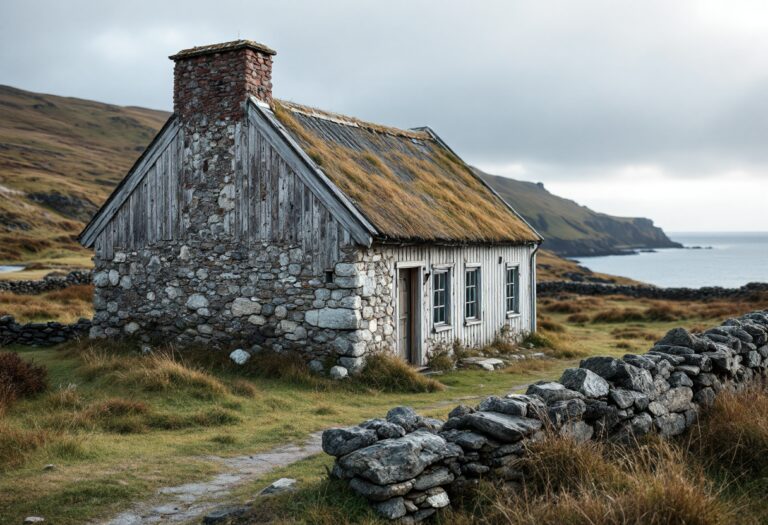A couple's fight against a 200% council tax rate could reshape second-home regulations in Scotland.

Topics covered
Understanding the Second-Home Tax Controversy
In a significant legal battle, a couple in Shetland is contesting a hefty 200% council tax rate imposed on their second home. This case not only highlights the couple’s personal struggle but also raises broader questions about second-home taxation policies across Scotland.
The Scottish Government’s recent decision to allow local authorities to double council tax for second homes has sparked a wave of similar disputes, as homeowners grapple with the implications of this policy.
The Background of the Case
The couple, who purchased their Shetland property in November 2019, claims that their main residence is in Shetland, despite spending most of their time abroad due to employment commitments.
Their children attend school in the country where the man works, and they only visit their Shetland home during holidays. This situation has led to a legal dispute with Shetland Council, which insists that the couple should pay the increased tax rate.
The crux of the matter lies in the definition of ‘main residence’ and whether the couple’s circumstances warrant an exemption from the higher tax.
Implications of the Court’s Decision
The outcome of this case could have far-reaching consequences for second-home owners throughout Scotland. If the tribunal rules in favor of the couple, it may set a precedent that allows other homeowners to challenge their tax rates by claiming their properties as main residences, even if they spend limited time there. This could undermine the council’s ability to enforce the new tax policy, which was designed to discourage property hoarding and promote housing availability for local residents.
Community Reactions and Future Considerations
Local officials and community members have expressed mixed feelings about the couple’s case. While some support the couple’s right to contest the tax, others worry that a ruling in their favor could exacerbate the housing crisis in areas like Shetland, where affordable housing is already scarce. The Shetland Council has reported that there are 221 second homes in the area, and the additional revenue from the increased tax is intended to bolster the local economy. As the tribunal prepares to hear the case, the community watches closely, aware that the decision could reshape the landscape of second-home ownership and taxation in Scotland.




